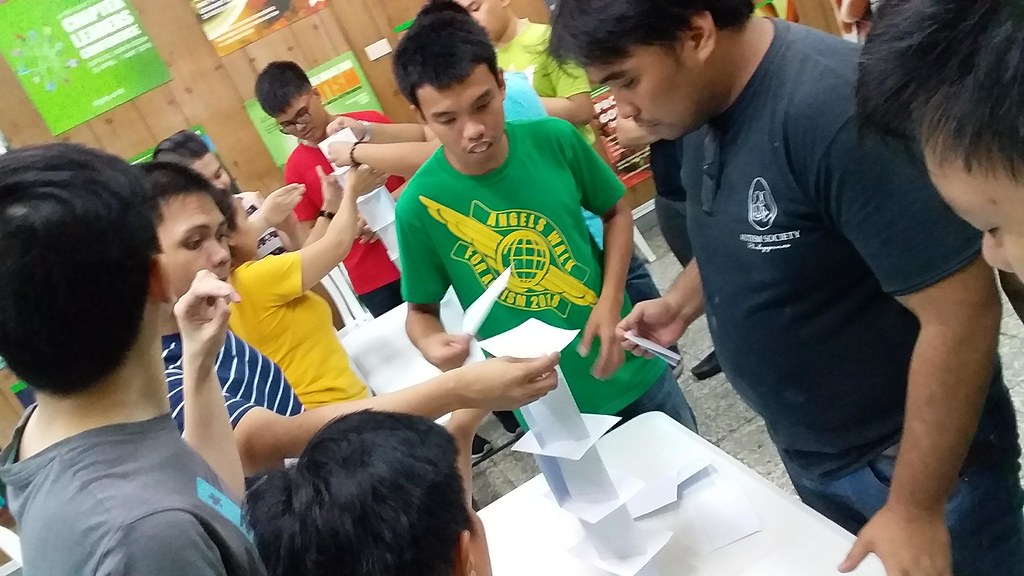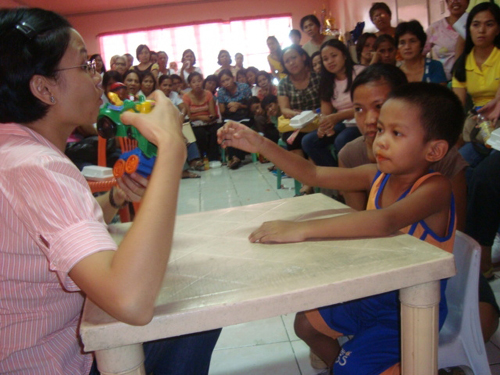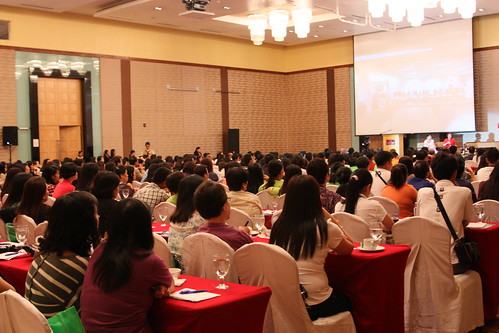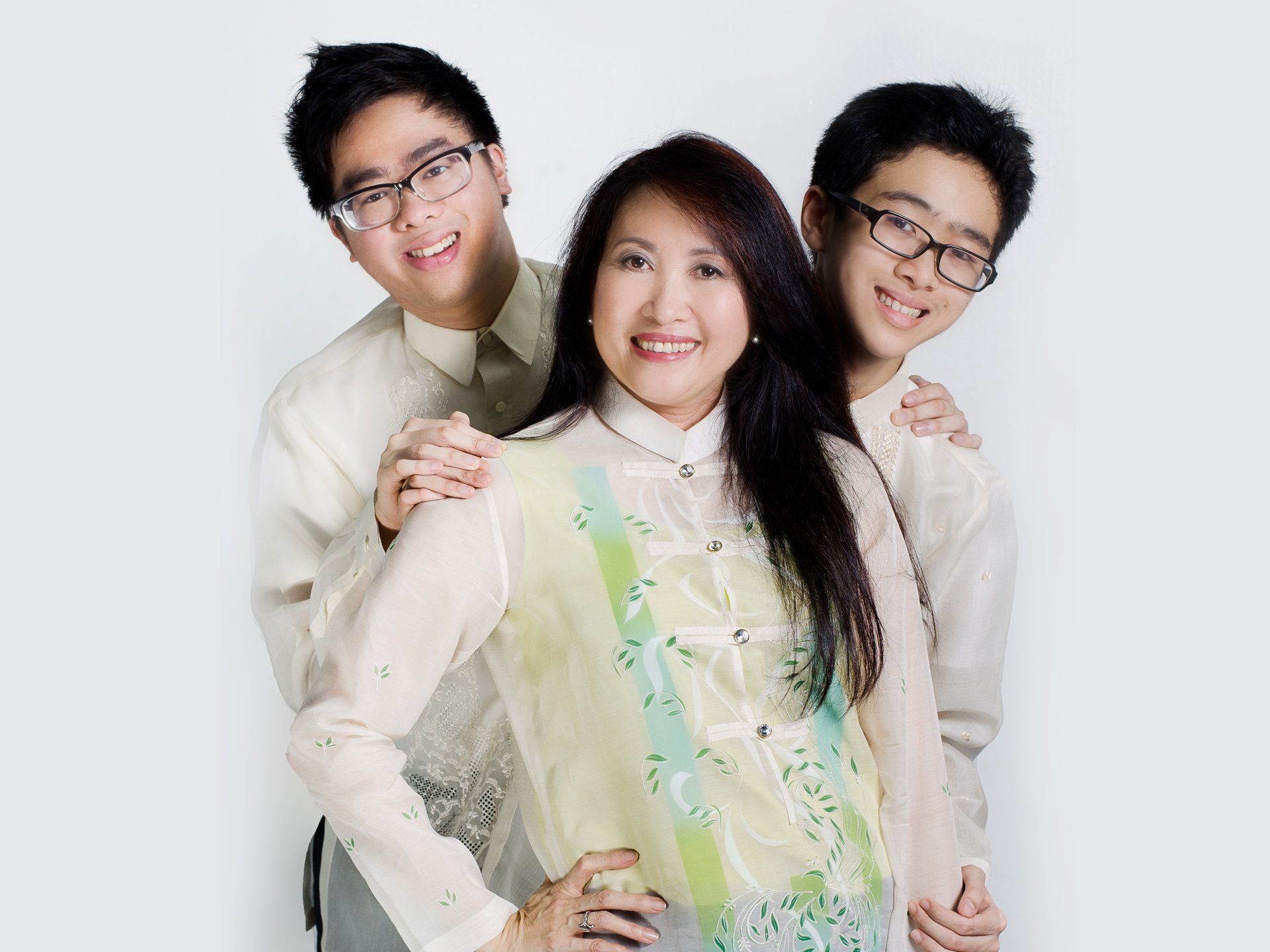Autism … offers a chance for us to glimpse an awe-filled vision of the world that might otherwise pass us by --- Dr. Colin Zimbleman, Ph.D.
The Autism Society Philippines Wednesday "PweDay" aims to provide enrichment for teens and adults on the autism spectrum who are not currently enrolled in schools. ASP PweDays will offer opportunities to learn new skills, to socialize with non-family members and to have fun. This will be every Wednesday, from 2pm to 4pm at ASP Headquarters. This is open to all Persons on the autism spectrum members, 16 years old and above.
 |
| Our Pweymates during Indoor Games |
On July 4 - we will have
Indoor Games. This activity will help Persons on the autism spectrum to increase and develop the following: social interaction among our Persons on the autism spectrum, help to seek out lifelong friendships while learning how to take turns and partake in socially appropriate behaviors, build the skills required for communication through playing and interacting, physical activity is also suggested to improve self-esteem. Participants must wear comfortable shoes, bring extra shirt, water and a simple snacks.
On July 11 - we will have
Beads Making. A beads is a small, decorative object that is formed in a variety of shapes and sizes of a material such as stone, bone, shell, glass, plastic, wood or pearl and with a small hole for threading or stringing. This activity is excellent leisure activity for Persons on the autism spectrum, promoting development in the following areas: Fine Motor Skills - in terms of grasping various sizes of beads. Larger beads often promote the "3-jaw chuck" grasp, similar to holding a large pencil or marker. Smaller beads encourage to use their pincer grasp, thus strengthening the small muscles of their hands. In-hand manipulation skills, many components of making a beaded craft increase strength and coordination in the small hand and finger muscles. Visual Perceptual Skills - Visual Discrimination, Scanning, Visual Memory. They must be able to remember the beading pattern to determine the bead they want to use. Once they know what bead they want, visual discrimination assists them in selecting the bead that fits their mental image of the desired bead. Visual Motor Skills - Eye-Hand coordination - Threading beads onto a string involves bilateral coordination of the child's hands, and requires their eyes and hands to work together. Cognitive Skills - Planning what style of necklace does they want to make? What pattern will they choose? Where are all the materials needed to complete this beading activity? this develops his/her planning and problem-solving skills. Social Skills- promote sharing and cooperation, as they choose beads and complete their projects in a group setting.
On July 18 -
(CANCELLED. MOVE TO JULY 25) we will make
Home Made Ice Cream. Our Persons on the autism spectrum will make their own ice cream in minutes. Homemade ice cream is so good and you can make it with just a few ingredients and no special equipment. We will not use any ice cream maker, just a simple method that will surely enjoy. This will teach them on proper food hygiene, simple food preparation, and presentation. Participants must bring their own hair net, apron, plastic container/tupperware and wear closed shoes (no slippers or sandals please). Prepare a P200 donation when you get on-site.
On July 25 - we will make
Home Made Ice Cream. Our Persons on the autism spectrum will make their own ice cream in minutes. Homemade ice cream is so good and you can make it with just a few ingredients and no special equipment. We will not use any ice cream maker, just a simple method that will surely enjoy. This will teach them on proper food hygiene, simple food preparation, and presentation. Participants must bring their own hair net, apron, plastic container/tupperware and wear closed shoes (no slippers or sandals please). Prepare a P200 donation when you get on-site.
On August 1 - we will
Sensory Friendly Movie. To provide a more accepting and comfortable setting for our special audience, ASP will allow bringing up the lights, turning down sound volume, allowing families/Persons on the autism spectrum to bring in their own snacks and welcoming audience members to get up, dance, walk, shout, sing, go in and out of the room. Prepare a P100 donation when you get on-site.
On August 8 - another Art Day for Persons on the autism spectrum. We will have
DIY Trendy Bleached T-shirt. Bleached T-Shirts are one of the trending fashion style nowadays. Bleach is the common household cleaning agent that can be used in a variety of different ways. But this time, we will use this to create unique t-shirt designs. This fun activity to work on with our Persons on the autism spectrum, can incorporate color identification, fine motor skills, following directions, and more! Please bring the following: rubber gloves, your own colored shirt, face mask and the P150 donation.
On August 15 - we will be conducting a session on
Videoke. Participants will sing their favorite song. With all the freestyle singing and dancing, there is much fun to be had!
On August 22 - we will have a
Cooking session. Persons on the autism spectrum will cook
Pastimallows. Pastillas is a milk-based confectionery, to add some twist, we will just add marshmallow. For adults on the autism spectrum, cooking can be an opportunity to increase independence, learn basic academic skills to use in a functional way. Cooking is a multi-sensory experience. Children who have sensory processing challenges can benefit greatly from the smells, textures and tastes involved with the cooking process. This will teach them proper food hygiene, simple food preparation, and presentation. Participants must bring their own hair net, apron, and closed shoes (no slippers or sandals please). Prepare a P200 donation when you get on-site.
On August 29 - the most requested PweDay activities -
MixxedFit Dance Fitness led by our Certified Mixxedfit Instructor Miss Donna Lim. MixxedFit will feel you energized, combining fun-loving dance moves with interval training and cardio workouts, individuals will enjoy an inspirational full body workout. This innovative dance-fitness incorporates different elements, all of which are designed to tone, strengthen, and increase endurance. Please wear you best and comfortable MixxedFIt outfit!
"Persons on the autism spectrum who are no longer in school end up in the fringes of society." Mona Magno-Veluz, ASP National President shares, "ASP is deeply invested in building a society where a individuals with autism be the best of their potentials -- self-reliant, independent, productive and socially-accepted members of the community -- no matter where they are on the spectrum. By keeping our Persons on the autism spectrum active and engaged outside the home, we are also training the society to be more aware of what autism is, to be more appreciative of their gifts and to be more accommodating of their deficits."






 Posted in: 4pwas
Posted in: 4pwas
 Posted in: 4parents
Posted in: 4parents
 Posted in: science
Posted in: science